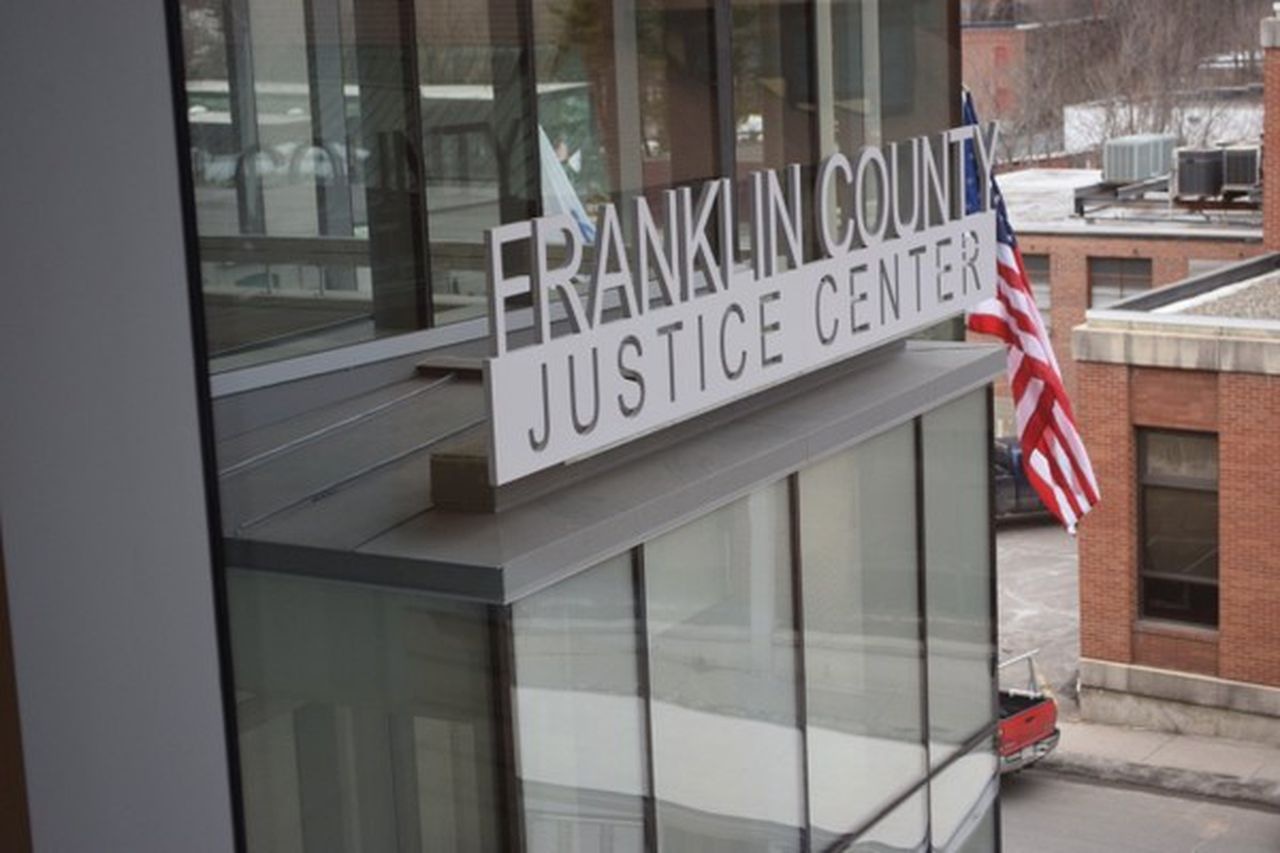
The Bay State’s hospitals and health maintenance organizations gave back $1.05 billion to their communities last year, according to new reports state Attorney General Andrea J. Campbell’s made public this week.
The “community benefits expenditures” by such providers as Baystate Medical Center and Shriners Hospital Boston underwrite, among other things, mental health and substance use prevention and treatment efforts across the state, as well as efforts to address the social determinants of health, Campbell’s office said in a statement.
The reports, which cover fiscal 2022, detail contributions by dozens of institutions under the state’s Community Benefits Guidelines, “which encourage non-profit hospitals and HMOs to adopt a framework centered around health equity while promoting investments in key social determinants of health,” Campbell’s office said in its statement.
Forty-eight nonprofit hospitals reported contributing $840 million in benefits, a 5% uptick from the previous year, while nine for-profit hospitals reported contributing $64 million in community benefits expenditures. Five HMOs reported contributing $144 million, Campbell’s office said.
Across all the institutions, the reports show an increase in funding for programs that support mental health and substance use and prevention treatment, Campbell’s office said.
“This year’s reports underscore the continued investment of our health care system to foster healthy communities across the Commonwealth,” Campbell said in the statement her office released.
“Through these community benefits, our hospitals and HMOs strengthen diverse community programs to address community health needs, particularly in the areas of mental health and substance use disorder,” she continued.
Nonprofit hospitals are required to make such expenditures to retain their tax-exempt status, according to the Lown Institute, a nonprofit think-tank based in Needham, Mass. that tracks healthcare issues.
However, there is no minimum amount these institutions must spend on those efforts. And, contrary to expectations, nonprofit hospitals do not give more to charity than their for-profit compatriots, the institute noted in an analysis released in April.





